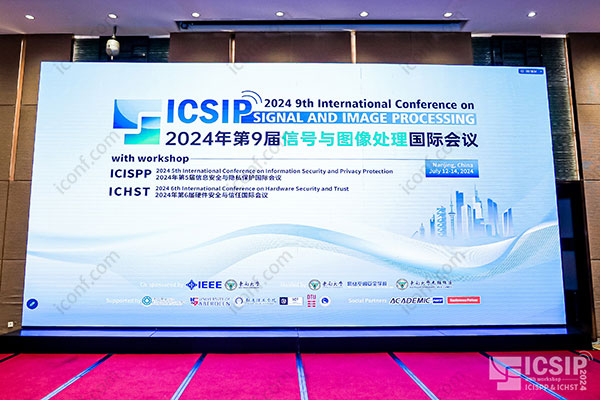

514 views||Release time: Jul 17, 2025
As the academic world continues to expand in 2025, submitting a paper to an international conference remains a powerful way to showcase your research, receive peer feedback, and build your professional network. However, with increasing competition and evolving submission standards, understanding best practices is critical for ensuring acceptance.
Whether you're a first-time author or an experienced researcher, this guide outlines essential steps to help you successfully submit your paper and boost your chances of being accepted.

Selecting an appropriate conference is the foundation of a successful submission. Aim for events that:
Are well-established and peer-reviewed
Match your research domain and methodology
Offer proceedings indexed in EI, Scopus, or other academic databases
Have a history of publishing quality research
Tip: Use trusted platforms like iconf.com, where conferences are curated for quality and relevance across disciplines. This helps avoid predatory events and saves time during the planning stage.
Each conference has its own paper format, length restrictions, and deadlines. Before writing:
Download the official template (usually Word or LaTeX)
Confirm the submission type (full paper, abstract, extended abstract)
Check word limits, reference format, and figure requirements
Note whether the submission is blind (requiring anonymization)
Adhering strictly to guidelines is often the first filter in the review process.
To stand out, your paper should clearly communicate:
The research question or hypothesis
Novelty and significance of your approach
Methodology and experimental design
Results with clear analysis
Future work or open questions
Avoid overly complex language. Even highly technical papers benefit from clarity, structure, and well-placed visuals (figures, charts, or tables).
Your abstract and title are often the first—and sometimes only—parts that reviewers and attendees read. Make them count:
Use specific keywords
Highlight your main contribution
Avoid jargon or vague phrasing
Keep within word count limits
A strong title and abstract can make your work more discoverable and appealing to reviewers.
Create a timeline for writing, internal review, and revision:
Begin drafting 4–6 weeks before the submission deadline
Share your draft with colleagues or mentors for feedback
Leave buffer time for technical formatting and uploading
Double-check that all authors are properly listed
If you miss a deadline, many top conferences will not accept late submissions.
If your paper is conditionally accepted or requires revisions:
Thank reviewers for their feedback
Address every comment clearly and respectfully
Revise both content and formatting as needed
Keep a summary of changes for resubmission (if required)
Taking review seriously can improve your paper and your reputation in the academic community.
Being accepted means you’ll be expected to present your research. Prepare accordingly:
Create visually engaging slides or posters
Practice your delivery multiple times
Anticipate questions and prepare answers
Follow any specific event requirements for virtual or hybrid formats
A good presentation strengthens your academic profile and could lead to collaboration or publication opportunities.
Many conferences publish proceedings or offer journal special issues. You should:
Ensure the final camera-ready version is properly formatted
Follow copyright instructions if applicable
Share your paper on academic profiles or institutional repositories
Networking with other attendees also helps grow your visibility beyond the event itself.
iconf.com is a specialized platform designed to help researchers find credible, high-quality academic conferences. With categorized listings, paper submission deadlines, and indexing information, it simplifies the entire process from discovery to submission.
Using platforms like iconf.com ensures you’re targeting the right venues and staying ahead of deadlines.
Successful conference paper submission in 2025 requires more than just good research—it demands attention to guidelines, strategic planning, and clear communication. By following the best practices outlined here and leveraging tools like iconf.com, you can improve your chances of acceptance and make a meaningful contribution to your academic field.